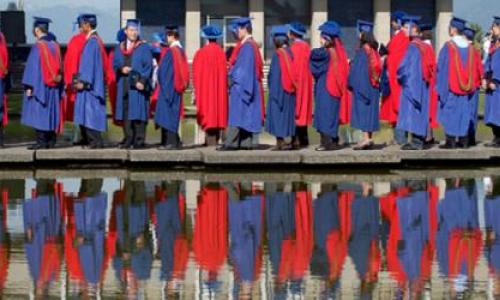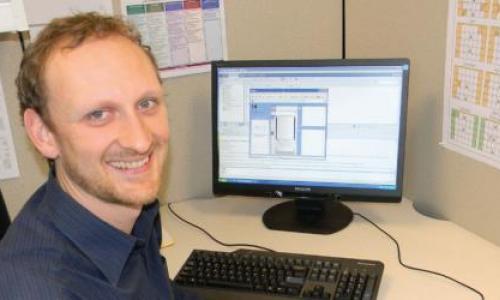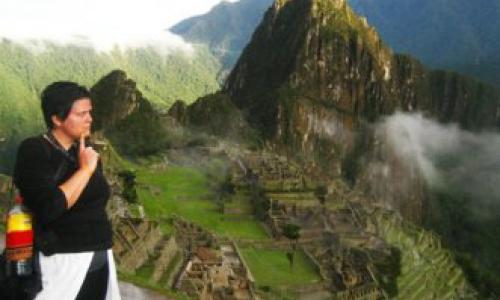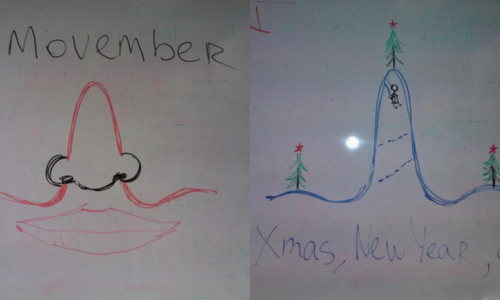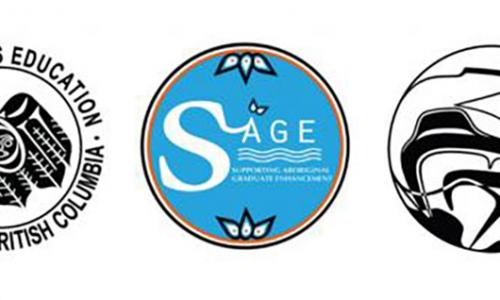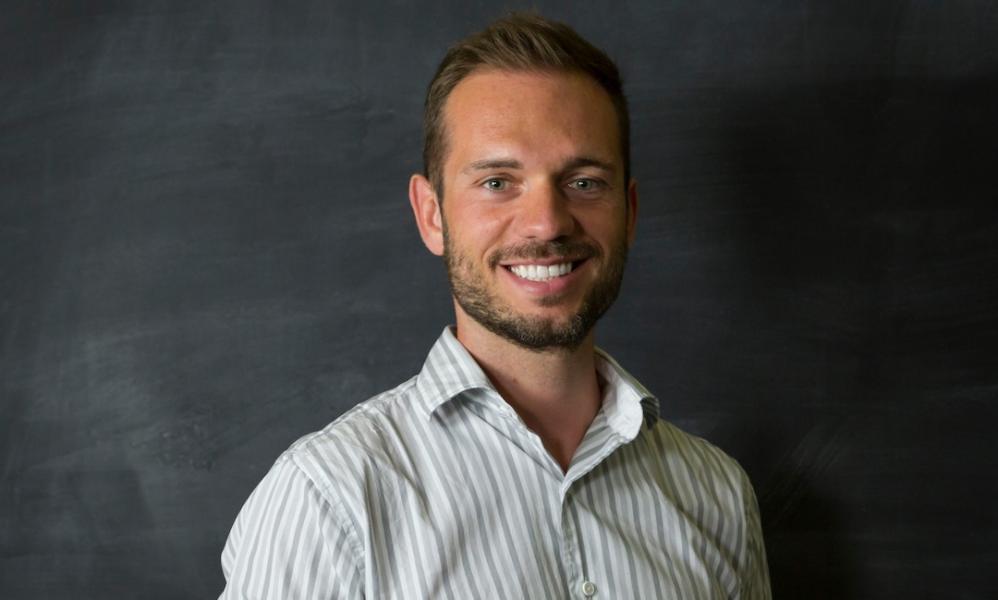
For almost two years, Alberto Lusoli studied the professional lives of Vancouver's tech workers. His research—supported by the Mozilla Foundation and the SFU Big Data initiative—examines how the mythology of start-up entrepreneurship is reshaping corporate organigrams, informing local development policies, and constituting new professional identities and collective work cultures. During his time as a graduate student, he also served as editor-in-chief at Stream, the graduate journal of SFU’s School of Communication. He is currently a postdoctoral researcher at the Digital Democracies Institute, investigating the biases and limitations of AI-powered content moderation algorithms.
"One of the aspects that my research investigated deals with the way in which the culture of startup entrepreneurship influences how independent digital and new media workers think about themselves and their jobs. The findings show how the emphasis on flexibility and speed is pushing independent workers to remain constantly open to jumping on new projects (pivoting in start-up jargon) in order to maximize the chances of stumbling on successful ones. This need to stay flexible and agile at all costs justifies risk-prone practices of self-exploitation, which are usually perceived and experienced as performative displays of a proper hustling work ethic. The result is the proliferation of professional subjectivities (e.g., the digital nomad, the solopreneur, the freelance, the bootstrap entrepreneur) trapped in a state of perpetual becoming, where self-actualization and stability seems always one project away but is never achieved."
"It was not an easy journey, I admit, but I had a great time as a student at the School of Communication. I was very lucky to have an exceptional supervisor, Frederik Lesage, who helped me navigate the uncertainties of grad school. Many ideas in my dissertation came from the endless and engaging conversations I had with friends and colleagues. I also enjoyed working as editor-in-chief at Stream, the SFU School of Communication grad journal. My favourite issue is issue #13. It’s a very meaningful issue because it was born out of a collaboration between the SFU School of Communication and the University of Calgary Department of Communication, Media and Film. It collects papers presented by grad students at the two conferences that SFU and UCalgary organized around the topic of “Crisis." Working on this issue during the pandemic was a great way to think about this historical period from different perspectives."
"I was not expecting it, and I am honoured of being a recipient. It’s an achievement I would have never been able to achieve without the support of my wife, Francesca, and it is to her that I want to dedicate this award."
"I am thrilled to be working at the Digital Democracies Institute. The Institute is animated by incredibly talented people working on socially relevant projects. Currently, I am involved in the From Hate to Agonism project. The project addresses the critically important challenge of detecting and countering abusive language online through novel and unbiased AI algorithms. Working on socially relevant projects and being surrounded by talented colleagues are the things I most appreciate about my job."
"My suggestion to students who are thinking about starting grad school is: be nice to yourself. Do not beat yourself if you feel disoriented, if you feel like you are not going anywhere, or if you feel like you do not fit. Just be gentle with yourself, give time for your ideas to flourish, and talk to your supervisor, friends and colleagues."
"I saw so many convocations during my eight years at SFU; it’s hard to imagine it’s my turn now!"
This story was originally published on the Faculty of Communication, Art and Technology website on June 6, 2022.








